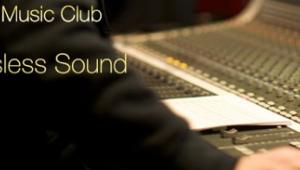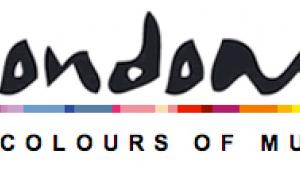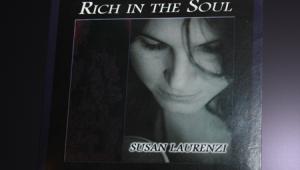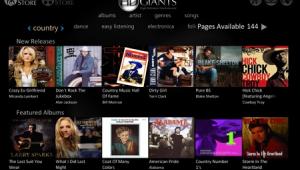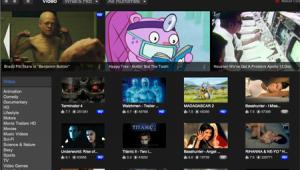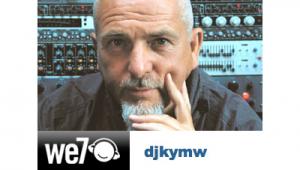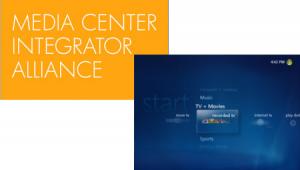What is HD Audio?

Files on those sites are 16-bit/44.1kHz, which is exactly what you find on a mastered CD. If you ripped a CD to an uncompressed WAV or AIFF file you would notice the track is 16-bit/44.1kHz, which translates to 1.4Mbps. Of course, there is nothing wrong with this. Instead of buying a CD, you are just downloading an uncompressed file and storing it on a hard drive. Depending on the DAC (digital to analog converter) in your A/V receiver or pre/pro, performance should equal or exceed what you would experience playing a CD in a standalone player. In fact, if you are using a high-end dedicated DAC, performance will easily exceed that of a CD player. However, at the end of the day, you are just back where you began, with CD-quality audio, nothing better, and nothing worse.
Mark's attitude is that when we call CD-quality files "high-definition," this is misleading. Its equally misleading if the audio chain began with 16-bit/44.1kHz recordings. Mark's business goal is the same as his personal passion—to recreate music as realistically as possible. "The more compression there is, the more musicality is stripped from the recording," says Mark. "With our current technology, the highest quality audio is 24-bit/96kHz, and only those recordings and masters should be labeled high-definition. Anything else is just standard definition."
Mark is one of a handful of people recording and distributing 24-bit/96kHz recordings but he takes it a step further, adding dimension with full 5.1 surround sound. This is why he only records live performances in venues with unique acoustics. Depending on the artist, he might record them in a jazz club or a small auditorium.
There is the saying, "everything old is new again," which is how you might view Mark's recording philosophy. To capture these live performances, he mics all the musicians at once, and records entire songs in a single pass. He says he can do an entire album in a day with one or two takes of each song. With no overdubs or extensive editing and scoring during the mix-down it requires tremendous musicianship. Imagine that!
Since hard media is still very much a reality and something his artists want to sell at gigs, he provides them high-quality packaged products. First off, Mark's is probably the only record label that doesn't make CDs, and he fully admits that is cutting off a major source of revenue. However, he wants everything on the AIX Record label to be presented in 24/96, 5.1 audio. To that end, he only masters to DVD.
The online downloads he provides on a separate website at iTrax.com offer a more comprehensive assortment of options. First of all, he mixes all tracks three ways—2-channel, 5.1 Stage, and 5.1 Audience. Listening to these 5.1 recordings in Mark's post-production facility over five B&W 801s is breathtaking. The "stage" mix has you sitting among the musicians, while the audience 5.1 mix is the more traditional "spectator mix" with the musicians in front of you. The ambience of the mix makes it clear where you are sitting in relation to the musicians. It's quite a unique approach, and in both cases, very natural and enveloping.
You can download any one of these mixes in several formats ranging from 320kbps MP3s to a huge 24/96 file. You can download more than one file for each song, depending on your usage. For instance, the 2-channel MP3 might go on your iPod, while one of the multichannel lossless tracks is placed on a hard drive or burned to a disc. It also provides you an opportunity to compare the different file types and hear the effects of compression. What's cool is when you move your cursor over any of the file types, it provides you with details about its size, cost, and download time.
I could go on and on, but nothing beats your own experience, so I urge you to check out iTrax.com for yourself and test out the world of HD audio in multichannel 24/96. Also, read some of Mark's articles on this topic. They are incredibly informative.
- Log in or register to post comments
